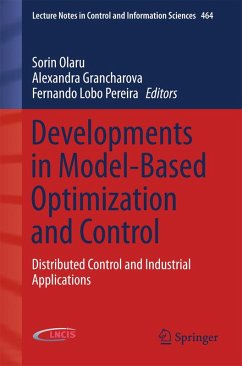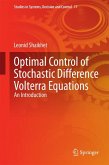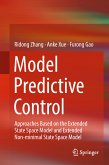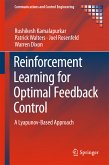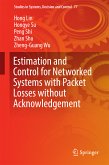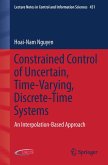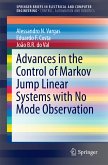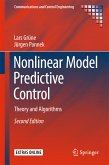Developments in Model-Based Optimization and Control takes advantage of optimization-based formulations for such classical feedback design objectives as stability, performance and feasibility, afforded by the established body of results and methodologies constituting optimal control theory. It makes particular use of the popular formulation known as predictive control or receding-horizon optimization.
The individual contributions in this volume are wide-ranging in subject matter but coordinated within a five-part structure covering material on:
· complexity and structure in model predictive control (MPC);
· collaborative MPC;
· distributed MPC;
· optimization-based analysis and design; and
· applications to bioprocesses, multivehicle systems or energy management.
The various contributions cover a subject spectrum including inverse optimality and more modern decentralized and cooperative formulations of receding-horizon optimal control. Readers will find fourteen chapters dedicated to optimization-based tools for robustness analysis, and decision-making in relation to feedback mechanisms-fault detection, for example-and three chapters putting forward applications where the model-based optimization brings a novel perspective.
Developments in Model-Based Optimization and Control is a selection of contributions expanded and updated from the Optimisation-based Control and Estimation workshops held in November 2013 and November 2014. It forms a useful resource for academic researchers and graduate students interested in the state of the art in predictive control. Control engineers working in model-based optimization and control, particularly in its bioprocess applications will also find this collection instructive.
Dieser Download kann aus rechtlichen Gründen nur mit Rechnungsadresse in A, B, BG, CY, CZ, D, DK, EW, E, FIN, F, GR, HR, H, IRL, I, LT, L, LR, M, NL, PL, P, R, S, SLO, SK ausgeliefert werden.

